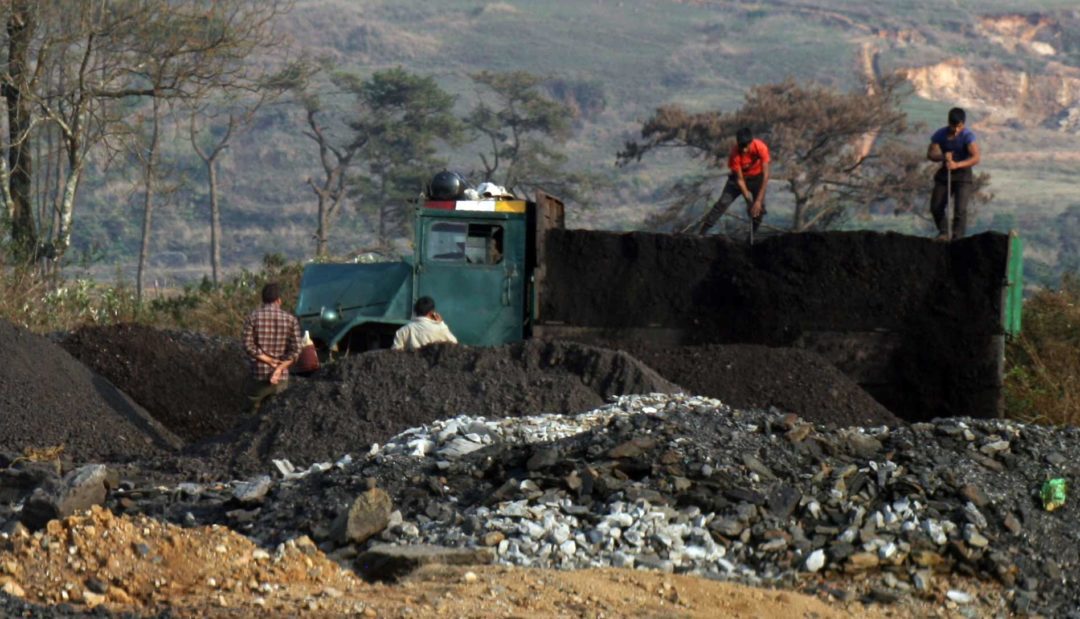NGT panel to recommend feasible method of scientific coal mining in Meghalaya

SHILLONG: The Independent Committee headed by Justice (Retd) BP Katakey will recommend a feasible method of scientific coal mining in Meghalaya in its report, which will be submitted to the National Green Tribunal (NGT) in August, later this year.
After chairing a meeting on the issue here on Friday, Katakey said the job of the committee is to find out whether scientific mining is possible and if so, what type of scientific mining is feasible for the state because coal seams are very thin here and not contiguous.
“We will take a decision and we will recommend the best method (of scientific mining). We submit a report to the NGT which will ultimately take a call. The committee has been asked to submit the report by the end of August.” he told reporters.
Asked, the former Judge of Gauhati High Court said that he is not against coal mining but he is definitely not in favour of violation against the environmental laws and safety measures as these have to be followed at any cost.
The NGT has imposed a blanket ban on unscientific rat-hole coal mining in the state of Meghalaya for the past five years since April 17, 2014.
Katakey said constitution of the committee has been challenged before the Supreme Court as he expressed hope that the committee is not set aside by the court.
The chairman of the committee has also directed the state government to place a report which was submitted by the Meghalaya Mineral Development Corporation (MMDC) and a joint venture company in 2010 during the next sitting of the committee to be held on July 22-23.
He said the MMDC and the joint venture company have visited a number of places to study on how to regulate the mining activities and take up technical method of extracting the coal from the mines.
Katakey also said that there may be some problem because under the rules and the policies of the Government of India if there is a coal block that has to be identified before mining that block can either be directly allotted to the state government or with a joint venture company where the state government has at least 75 percent share or by auction.
Therefore, whether this existing joint venture company will be able to operate or not there will be legal issues, he said adding the conclusion is that there is an alternative method of coal mining which everything will be done by machines and nobody is required to go inside the mines and there will not be any safety hazards.
Referring to the peculiar land tenure system in the state, the chairman however asserted the need to take the land owners and also the district councils into confidence before decision on scientific mining is taken.
The committee has also directed the North Eastern Space Application Centre (NESAC), Umiam to submit its final report on the satellite imageries relating to the number of coal mines and drainage system in East Jaintia Hills District within 15 days. There are around 24,592 coal mines in undivided Jaintia Hills.
Two companies – M/s Trinity Impex International and M/s Growdiesel Ventures have also made their respective presentations before the committee for treatment of acidic water due to coal mining by using micro-algae method.
The M/s Trinity Impex International have identified an acidic stream (at Rymbai) and also submitted a proposal for the pilot project costing around Rs 17 lakh.
Katakey said the committee will take a call on whether to allow the parties to take up the pilot projects.
“If we allow the pilot project to happen then we can get the result of it if they could prove the pH level it is always good for the villagers, they will have at least clean and non-acidic water,” he added.

Leave a Reply